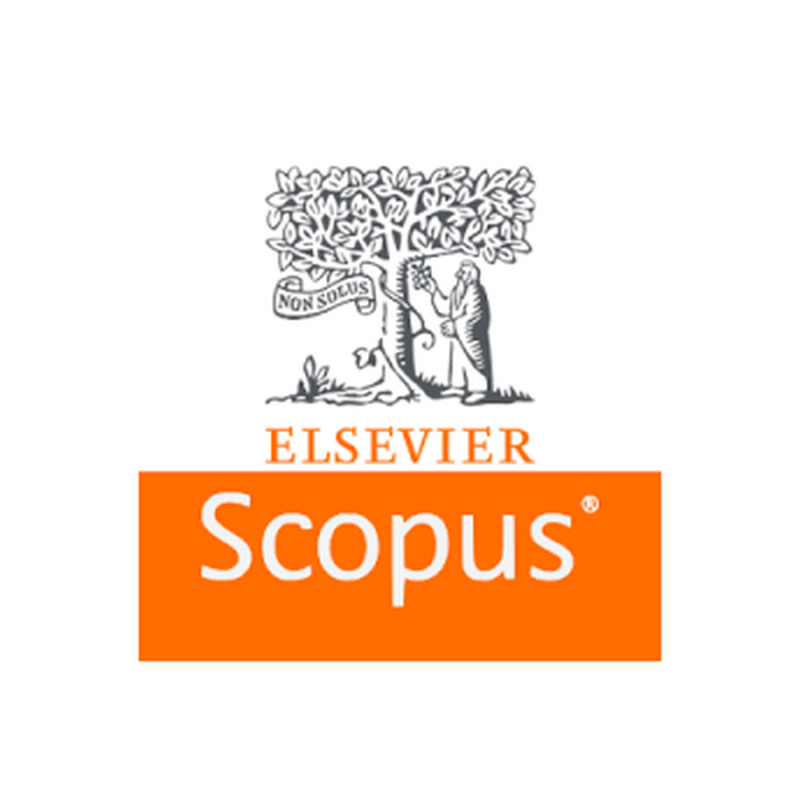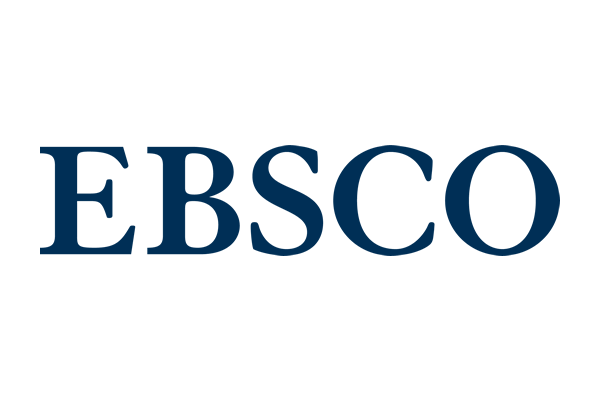التقييم الهيدروجيوكيميائي للمياه الجوفية للري والشرب في منطقتي الكبة وشريخان، شمال غربي مدينة الموصل
الملخص
يعتمد فهم وإدارة المخزون المائي على دراسة المياه الجوفية، وقد شملت الدراسة الحالية المناطق الواقعة في الجانب الأيسر من مدينة الموصل لمنطقتي الكبة والشريخان العليا والسفلى، وتم جمع ستة عينات من الآبار الموجودة في المنطقة. تم قياس TDS وTemp وEC وpH في الحقل، كما تم إجراء فحوصات مختبرية مثل التحاليل الكيميائية للعناصر الرئيسة والتي تشمل Na+, Mg2+, K+, Ca2+, HCO3-, SO42-, Cl-. وأظهرت نتائج التحاليل أن غالبية عينات الآبار غير مطابقة للمواصفات العراقية للشرب. كما كشف مؤشر جودة المياه WQI أن معظم العينات غير صالحة للاستهلاك البشري. تم أيضًا فحص عدد قليل من العناصر الثقيلة، بما في ذلك Cd وCr وCu وPb وCo؛ وقد وجد ان الحديد والنحاس ضمن الحدود العراقية والعالمية، بينما بقية العناصر كانت فوق الحدود المسموحة، كما تم اجاء فحوصات الري كالصلادة الكلية ونسبة الصوديوم Na% و MAR، وقد بينت النتائج انها مطابقة للمواصفات، وحسب هذه النتائج تعتبر صالحة للري لمعظم النباتات متوسطة الحساسية للملوحة وبعض النباتات متوسطة المقاومة للملوحة. كما أوضح التحليل العاملي ومصفوفة الارتباط وجود علاقة قوية بين الكالسيوم والبيكربونات التي تمثل اذابة صخور الكربونات، كما نلاحظ علاقة قوية بين الصوديوم والكلور التي تمثل اذابة أملاح الصوديوم.



